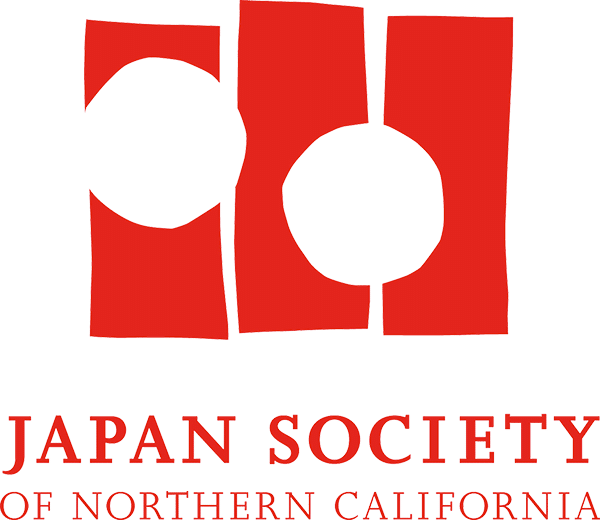Creating the Next Biomedical Powerhouse in Japan with Nobel Prize Winner Shinya Yamanaka
The Japan Society and US-Asia Technology Management Center of Stanford proudly hosted Nobel prize winner Shinya Yamanaka and an expert panel on October 12 for a lively discussion of trends in biomedicine in Japan and the challenges Japan faces in leveraging its world-class research capability into commercially viable therapies.
Dr. Yamanaka presented his path-breaking work on using iPS cells to develop new regenerative therapies to address a host of diseases from macular degeneration to Parkinson’s. In contrast to the entrepreneurial ecosystem of “Silicon Valley,” Japan faces what he called a “Death Valley,” a paucity of risk-taking investors and start-up expertise and an over-reliance on government funding that makes it difficult to move from discovery to product. Dr. Yamanaka called for a mind-set change among Japanese researchers and corporations and noted that changing attitudes of young Japanese made him optimistic about the future.
The expert panel reinforced those observations. Dr. Tom Novak of Cellular Dynamics International noted that his company was founded by a researcher who was also an able entrepreneur and benefited greatly from the large capital infusion it received when it was acquired by FujiFilm last year. He pointed to the importance of hubs to bring together technological, financial, and management expertise required to translate research into product. Dr. Gary Cleary talked about his experience as a budding entrepreneur taking small firms through the VC stage to eventual IPO. He noted the
importance of a favorable regulatory environment, noting that it was now easier to get drug approvals in Japan than in the US.
Professor Bob Kneller noted that patents in Japan are often co-owned by universities and large firms resulting in a clunky process that inhibits commercialization, though increasingly universities are developing their own technology independently giving them more flexibility in licensing that technology. The panelists agreed that Japan’s new “conditional approval” authority for certain therapies, including cell-based therapies was a very important new development. Large numbers of US companies were heading to Japan to look for collaborative opportunities to take advantage of the new regulation.
The event was sold-out. Many thanks to Morrison Foerster for providing a beautiful setting and to the four senior level participants for offering their valuable insights.



